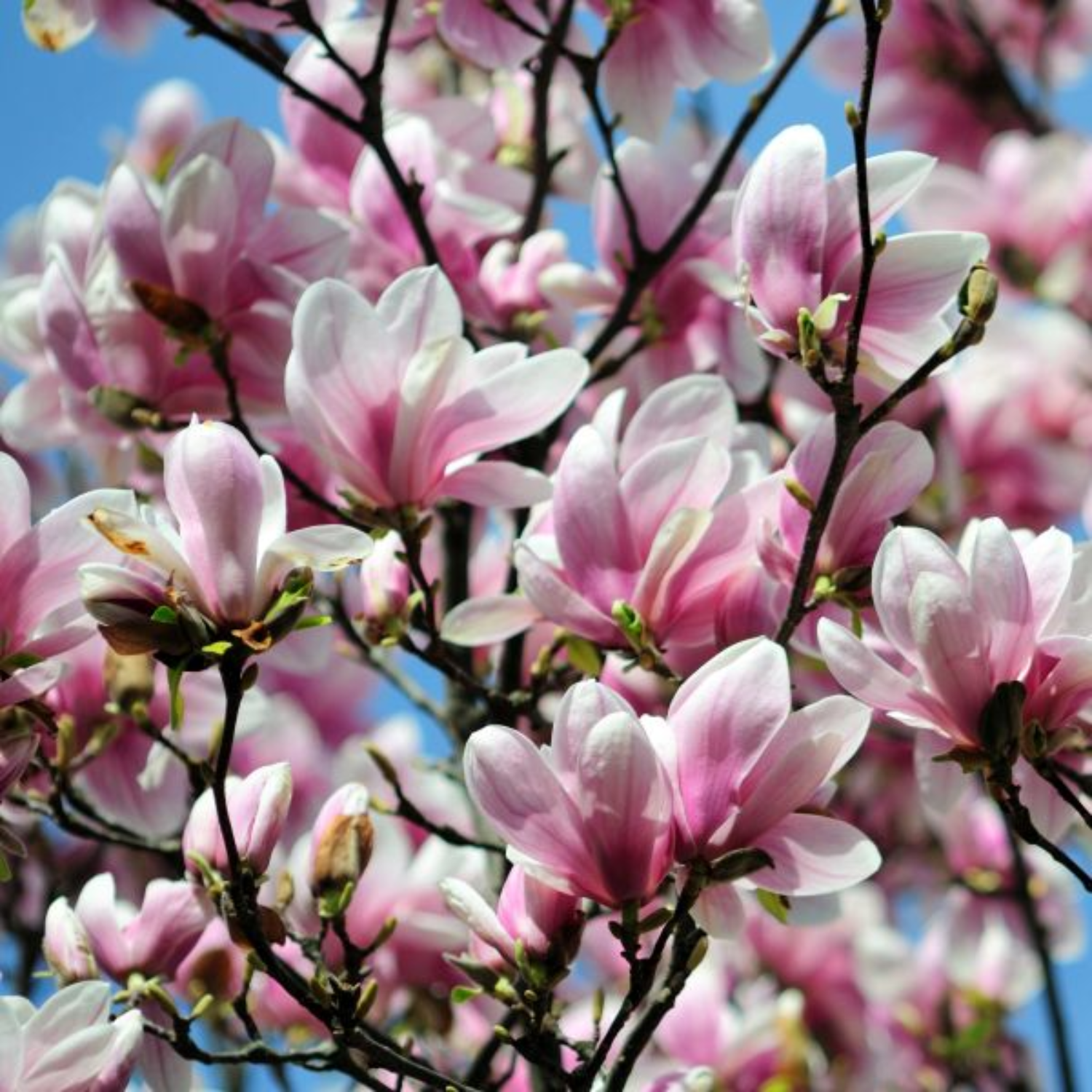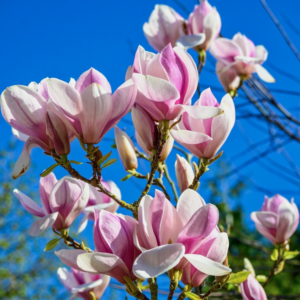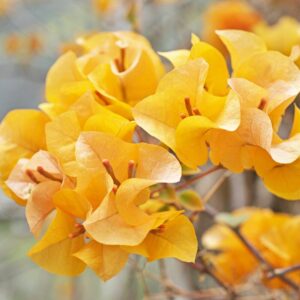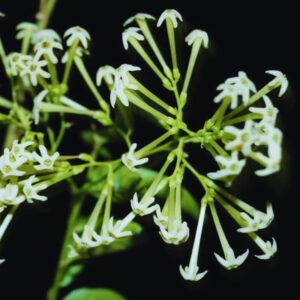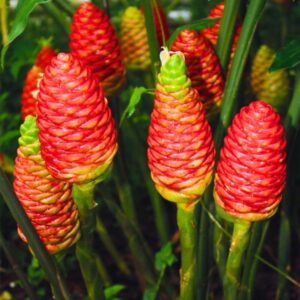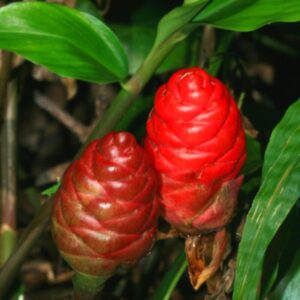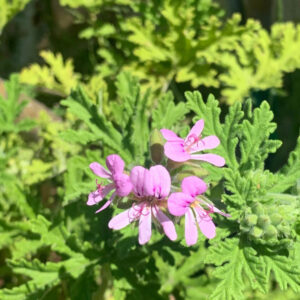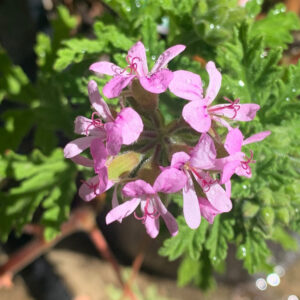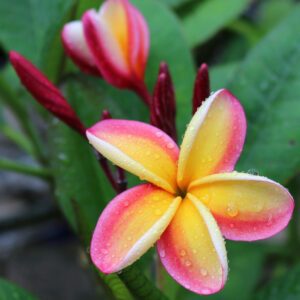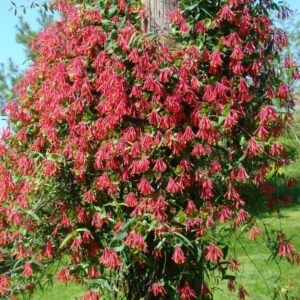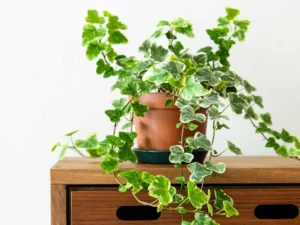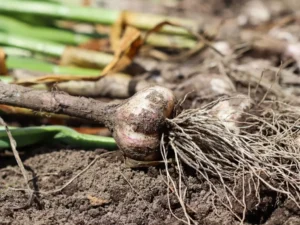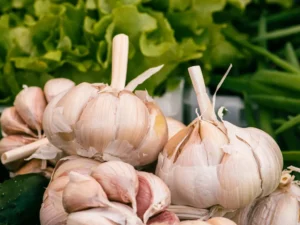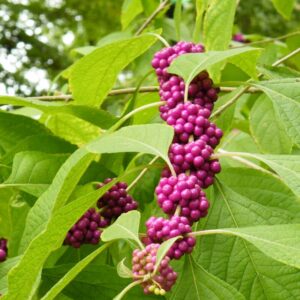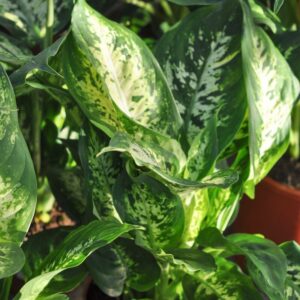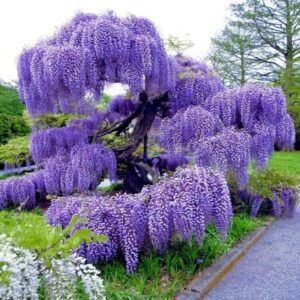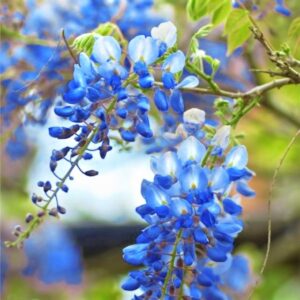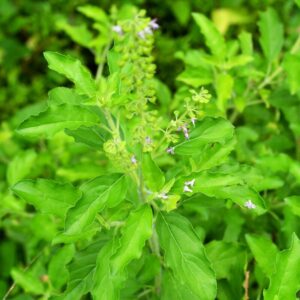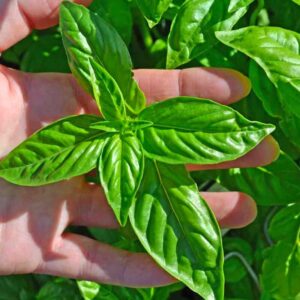Saucer Magnolia Plant Live 6-12 Inch Tall
Saucer Magnolia Plant Live 6-12 Inch Tall
This Saucer Magnolia Plant features stunning pink and white flowers from late winter to summer. Perfect for zones 4-9, it grows 6-12 inches tall.
$27.99

With our Alive & Thrive Guarantee, we’ve got your back for the first 30 days! If you have any concerns about your plants, just reach out to us. Our team is here to help answer your questions and guide you in selecting the best plants for your garden, climate, and unique preferences. We're excited to help you create the garden of your dreams!
-
USDA Hardiness Zone
4-9 -
Soil type
Slightly acidic, well-draining soil -
Sunlight Exposure
Full to partial sun (4-6 hours daily) -
Expected Planting Period
Late winter to early spring
Transform Your Garden
Our Saucer Magnolia Plant introduces breathtaking pink and white flowers that grace your landscape from late winter through summer. With blooms emerging as early as February, this live plant enhances your garden’s charm and elegance.
Features and Specifications
Arriving at a height of 6-12 inches, the Saucer Magnolia is perfect for immediate planting. Its large, captivating blooms add year-round visual interest. Thriving in USDA Zones 4-9, it adapts well to various climates.
Growing Conditions
This magnificent plant prefers well-draining, slightly acidic soil to promote robust growth. It requires full to partial sunlight, with at least 4-6 hours of daily exposure. Its cold-hardiness ensures that it can withstand winter conditions, making it an ideal choice for a diverse range of gardeners.
Care Instructions
For optimal health, water the Saucer Magnolia deeply but infrequently to encourage deep root growth. Applying mulch around the base helps retain moisture and protect the roots. Pruning after flowering shapes the plant and removes dead branches, while annual spring fertilization with a balanced fertilizer enhances bloom production.
Unique Benefits
As a focal point in your landscape or part of a seasonal display, the Saucer Magnolia is sure to impress. With its recurring blooms, it brings vibrant colors to your outdoor space well into the season. Bareroot shipping ensures fast acclimation upon planting, providing a seamless experience for garden enthusiasts.
FAQs
- How large will the Saucer Magnolia grow? It can reach heights of 20-30 feet and spread 15-25 feet wide at maturity.
- When is the best time to plant this magnolia? Late winter or early spring is ideal, but it can also be planted in other seasons if the ground isn’t frozen.
- Does it need special soil to thrive? Yes, it prefers slightly acidic, well-draining soil for optimal growth.
- What maintenance does the plant require? Regular watering, mulching, and pruning after flowering are essential.
- Can this plant survive cold winters? Yes, it is hardy in zones 4-9, making it suitable for colder climates.





